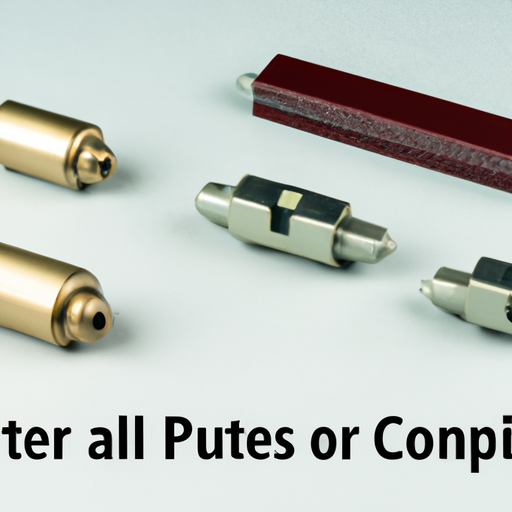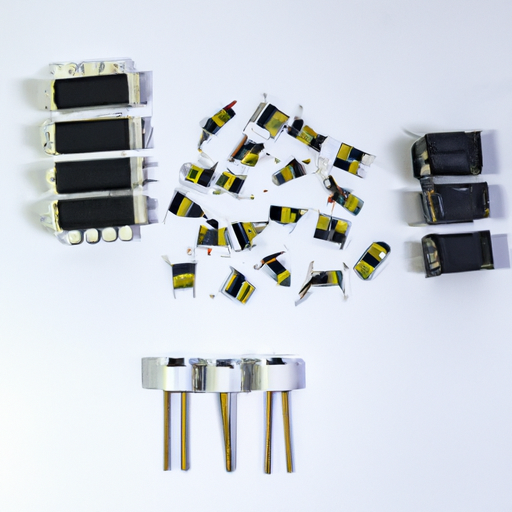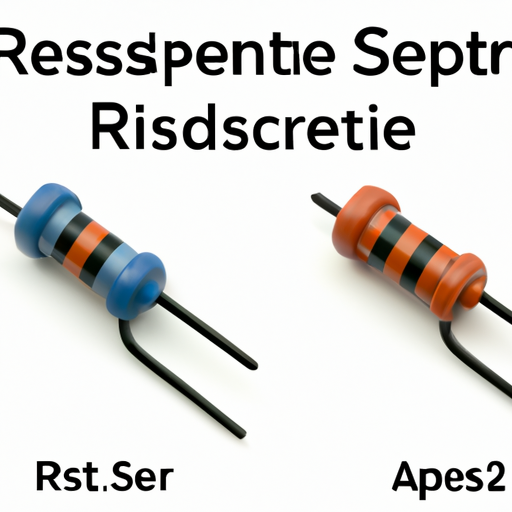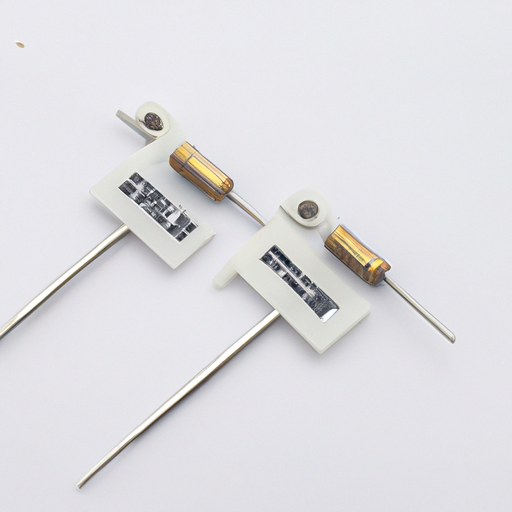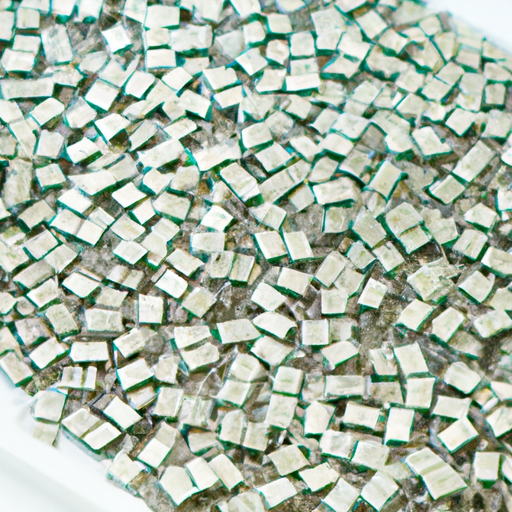Common Production Processes for Automotive Resistors
I. Introduction
Automotive resistors are essential components in modern vehicles, playing a critical role in managing electrical currents and ensuring the proper functioning of various systems. These resistors help regulate voltage, control power levels, and protect sensitive electronic components from damage. As the automotive industry evolves, particularly with the rise of electric vehicles (EVs) and advanced driver-assistance systems (ADAS), the demand for high-quality automotive resistors has surged. This blog post will explore the common production processes for automotive resistors, delving into the types of resistors, raw materials, fabrication techniques, and future trends in the industry.
II. Types of Automotive Resistors
Automotive resistors can be categorized into several types, each serving specific functions within a vehicle's electrical system.
A. Fixed Resistors
1. **Carbon Composition Resistors**: These resistors are made from a mixture of carbon and a binding material. They are known for their high energy absorption and are often used in applications where high pulse loads are expected.
2. **Metal Film Resistors**: Constructed from a thin layer of metal, these resistors offer high precision and stability. They are commonly used in applications requiring accurate resistance values.
3. **Wirewound Resistors**: These resistors consist of a wire wound around a core, providing high power ratings and excellent heat dissipation. They are typically used in high-power applications.
B. Variable Resistors
1. **Potentiometers**: These resistors allow for adjustable resistance and are often used in applications like volume controls and tuning circuits.
2. **Rheostats**: Similar to potentiometers, rheostats are used to control current flow in a circuit, but they are designed to handle higher power levels.
C. Specialty Resistors
1. **High-Temperature Resistors**: Designed to operate in extreme conditions, these resistors are crucial for applications in high-performance vehicles.
2. **Precision Resistors**: These resistors are manufactured to exact specifications, ensuring minimal tolerance and high reliability in critical applications.
III. Raw Materials Used in Resistor Production
The production of automotive resistors involves various raw materials, each contributing to the resistor's performance and reliability.
A. Conductive Materials
1. **Carbon**: Used primarily in carbon composition resistors, carbon provides good conductivity and thermal stability.
2. **Metal Alloys**: Commonly used in metal film and wirewound resistors, metal alloys offer excellent conductivity and resistance to environmental factors.
B. Insulating Materials
1. **Ceramics**: These materials are often used as substrates for resistors due to their high thermal stability and electrical insulation properties.
2. **Epoxy Resins**: Used for encapsulation, epoxy resins provide protection against moisture and mechanical stress.
C. Substrates
1. **PCB (Printed Circuit Board) Materials**: PCBs serve as the foundation for mounting resistors and other electronic components.
2. **Metal Substrates**: These are used in high-power applications where heat dissipation is critical.
IV. Common Production Processes
The production of automotive resistors involves several key processes, each critical to ensuring the quality and reliability of the final product.
A. Design and Prototyping
1. **Electrical and Thermal Simulations**: Before production, engineers conduct simulations to predict how the resistor will perform under various conditions. This step is crucial for optimizing design and ensuring reliability.
2. **Prototype Development**: Prototypes are created to test the design in real-world conditions, allowing for adjustments before mass production.
B. Material Preparation
1. **Sourcing and Quality Control of Raw Materials**: High-quality raw materials are essential for producing reliable resistors. Manufacturers implement strict quality control measures to ensure that all materials meet industry standards.
2. **Pre-processing of Materials**: This step involves preparing the raw materials for fabrication, which may include grinding, mixing, or cutting.
C. Resistor Fabrication
1. **Carbon Composition Resistors**:
- **Mixing and Molding**: The carbon and binding materials are mixed and molded into the desired shape.
- **Curing and Cutting**: The molded resistors are cured to harden them and then cut to the required dimensions.
2. **Metal Film Resistors**:
- **Thin-Film Deposition**: A thin layer of metal is deposited onto a substrate using techniques like sputtering or evaporation.
- **Laser Trimming**: The resistance value is fine-tuned using laser trimming, which removes material to achieve the desired resistance.
3. **Wirewound Resistors**:
- **Wire Winding**: A wire is wound around a core to create the resistor.
- **Encapsulation**: The wound resistor is encapsulated in a protective material to enhance durability.
D. Assembly and Packaging
1. **Mounting on Substrates**: Resistors are mounted onto PCBs or metal substrates, ensuring proper electrical connections.
2. **Encapsulation and Protective Coatings**: Additional coatings are applied to protect the resistors from environmental factors such as moisture and temperature fluctuations.
E. Testing and Quality Assurance
1. **Electrical Testing**: Each resistor undergoes electrical testing to verify its resistance value and performance under load.
2. **Environmental Testing**: Resistors are subjected to various environmental conditions to ensure they can withstand the rigors of automotive applications.
3. **Reliability Testing**: Long-term reliability tests are conducted to assess the lifespan and durability of the resistors.
V. Automation and Technology in Resistor Production
A. Role of Automation in Manufacturing
Automation plays a significant role in the production of automotive resistors, enhancing efficiency and consistency. Automated systems can handle repetitive tasks, reducing the risk of human error and increasing production speed.
B. Advanced Technologies in Resistor Production
1. **3D Printing**: This technology is being explored for producing complex resistor designs that may be difficult to achieve with traditional methods.
2. **IoT and Smart Manufacturing**: The integration of IoT devices allows for real-time monitoring of production processes, enabling manufacturers to optimize operations and improve quality control.
VI. Challenges in Automotive Resistor Production
A. Meeting Stringent Automotive Standards
Automotive resistors must meet strict industry standards for safety and performance. Manufacturers face the challenge of ensuring compliance while maintaining cost-effectiveness.
B. Managing Supply Chain Issues
The global supply chain can be unpredictable, leading to delays in sourcing raw materials. Manufacturers must develop strategies to mitigate these risks and ensure a steady supply of components.
C. Environmental Considerations and Sustainability
As the automotive industry shifts towards sustainability, resistor manufacturers are under pressure to adopt eco-friendly practices, including reducing waste and using sustainable materials.
VII. Future Trends in Automotive Resistor Production
A. Innovations in Materials and Designs
Research is ongoing to develop new materials that offer better performance and reliability, such as advanced ceramics and composites.
B. The Impact of Electric Vehicles on Resistor Technology
The rise of electric vehicles is driving demand for specialized resistors that can handle higher power levels and operate efficiently in electric drivetrains.
C. The Role of AI and Machine Learning in Production Processes
AI and machine learning technologies are being integrated into production processes to enhance quality control, predict maintenance needs, and optimize manufacturing efficiency.
VIII. Conclusion
In summary, automotive resistors are vital components that ensure the reliability and performance of modern vehicles. Understanding the common production processes, from design and material preparation to fabrication and testing, is essential for manufacturers aiming to meet the evolving demands of the automotive industry. As technology advances and the industry shifts towards sustainability and electric vehicles, the future of automotive resistor production looks promising, with opportunities for innovation and growth. By staying informed about these trends, manufacturers can position themselves for success in this dynamic market.

